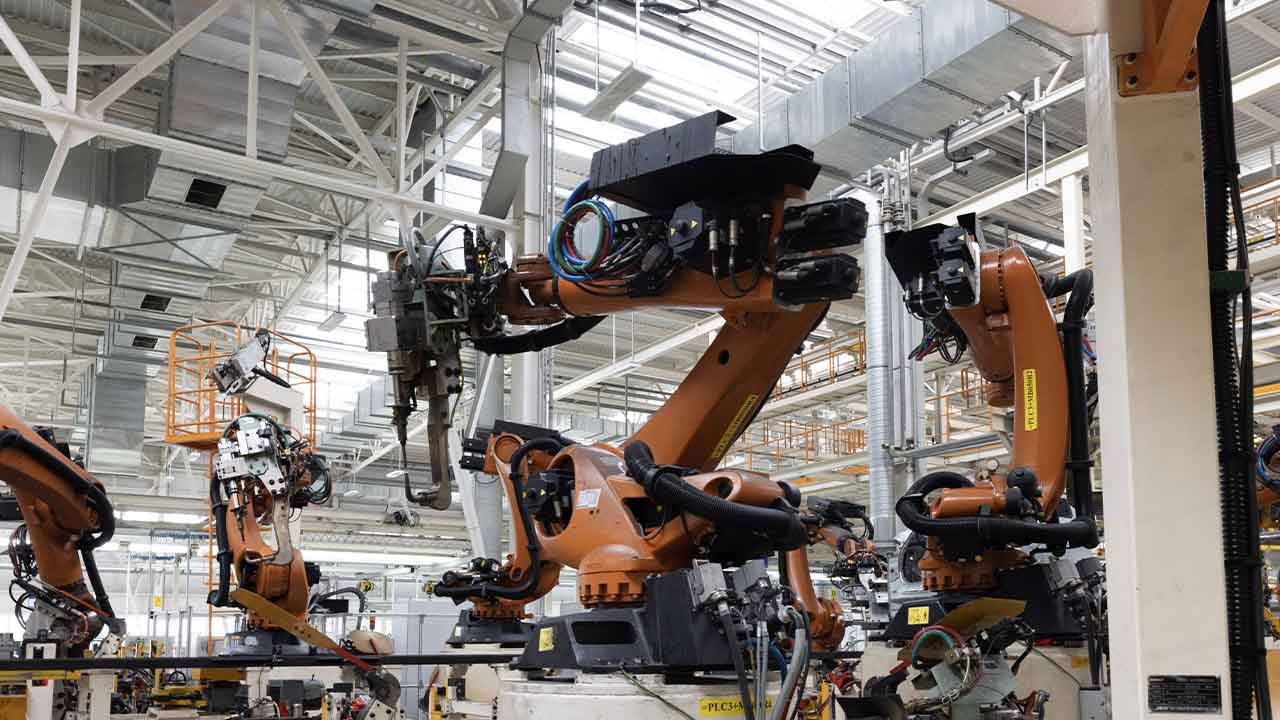Open Ecosystems and the Future of Manufacturing Technology | SPONSORED
This article explores the concept of open ecosystems in manufacturing technology, drawing from insights shared by Roey Mechrez, Head of Ecosystem, Tulip, in a recent interview. Open ecosystems are critical for innovation in manufacturing technology because they allow companies to choose the best tools for their specific needs. Historically, large technology providers offered comprehensive solutions for manufacturing facilities, covering everything from manufacturing execution systems (MES) to quality management systems (QMS) and automation. However, this “one-stop-shop” approach is no longer relevant. Modern manufacturing environments are dynamic and require flexible solutions.
Open ecosystems enable this flexibility by allowing companies to integrate the best tools from different vendors, creating a customized technology stack that meets their unique requirements.
Tulip is a strong advocate for open ecosystems. The company’s recent event, Operations Calling, featured 25 technology partners showcasing integrations between their products and Tulip. These integrations covered a wide range of areas, including ERP systems, IoT and edge devices, computer vision, and bioreactors. This demonstrates the power of open ecosystems to foster collaboration and drive innovation.
Here are some specific examples that illustrate the benefits of an open ecosystem in manufacturing:
• Rapid Integration of New Technologies: Roey describes a situation where a Hexagon metrology device was integrated with Tulip software in less than 24 hours to be ready for an event. This rapid integration was only possible due to the open ecosystem approach, which allows for quick connections between different vendor products.
• Diverse and Collaborative Ecosystem: At the Tulip “Operations Calling” event, 25 different technology partners showcased their integrations with Tulip. These partners represented a wide range of manufacturing technology areas, from ERP and IoT to computer vision and bioreactors. This diverse ecosystem fosters collaboration and leads to innovative solutions.
• Flexibility and Customization: Open ecosystems allow manufacturers to select and integrate the best tools for their specific needs, rather than being locked into a single vendor’s offerings. This flexibility is essential in today’s dynamic manufacturing environments, which require adaptable and tailored solutions.
• Composable Solutions: Tulip is embracing “composability,” enabling manufacturers to build custom solutions by combining software components. This approach is already transforming MES and is expanding into quality management and HMI. Composable solutions give manufacturers the power to create systems that seamlessly fit their unique workflows and requirements.
• Unified User Experience: By leveraging an open ecosystem, manufacturers can create a unified user experience across different applications and machines. This streamlined approach reduces the learning curve for operators and enhances overall efficiency.
These examples showcase how open ecosystems can empower manufacturers to innovate, adapt, and optimize their operations by leveraging the best tools and technologies available.
However, building a flexible technology ecosystem also presents challenges. The lack of strong standards in manufacturing technology can lead to complexity and increased costs for engineers. Roey acknowledges the challenge of managing multiple tools and data schemes but emphasizes the importance of flexibility and the opportunity for innovation that open ecosystems provide. He believes that the emergence of citizen developers and the availability of tools like NODE-RED and edge devices will help mitigate these challenges.
Looking to the future, Roey believes that collaboration and go-to-market strategies will be crucial for the success of open ecosystems. He envisions marketplaces and libraries that provide out-of-the-box connectivity and simplify the integration process for customers.
Tulip is driving innovation with the concept of composability, allowing companies to build customized solutions by combining software components. Tulip has already implemented composability for MES and is now advancing its application in quality management and HMI. Roey sees composable HMI as a game-changer for how operators interact with machines. He believes open ecosystems will enable manufacturers to push the boundaries and create groundbreaking solutions.
The interview was recorded by Hamish Mackenzie, Founder of Mackenzie Advisory & Coaching and a member of the Board of Advisors at IIoT World. This article was created based on the video transcript with the assistance of NotebookLM. It was edited by the IIoT World team.


